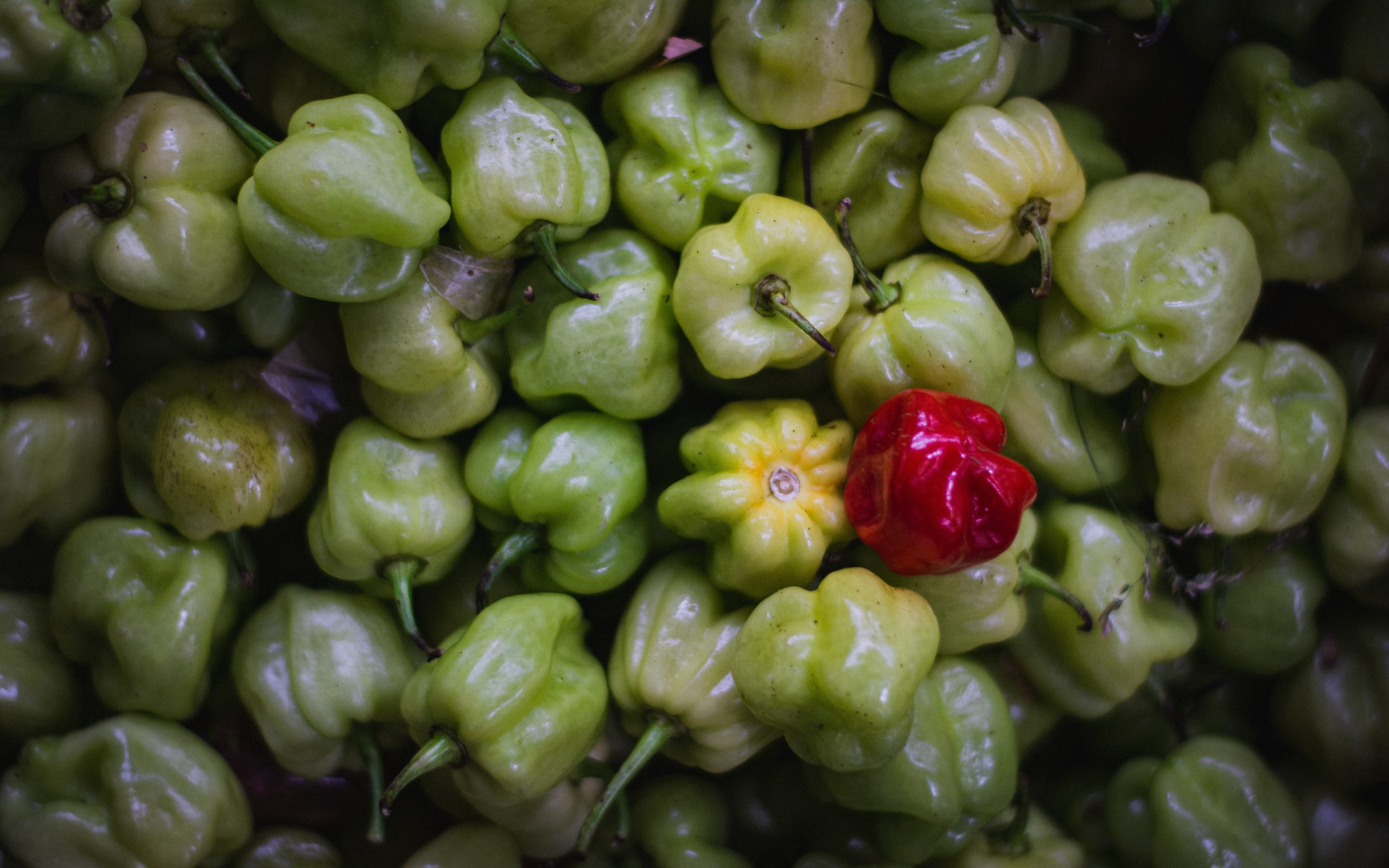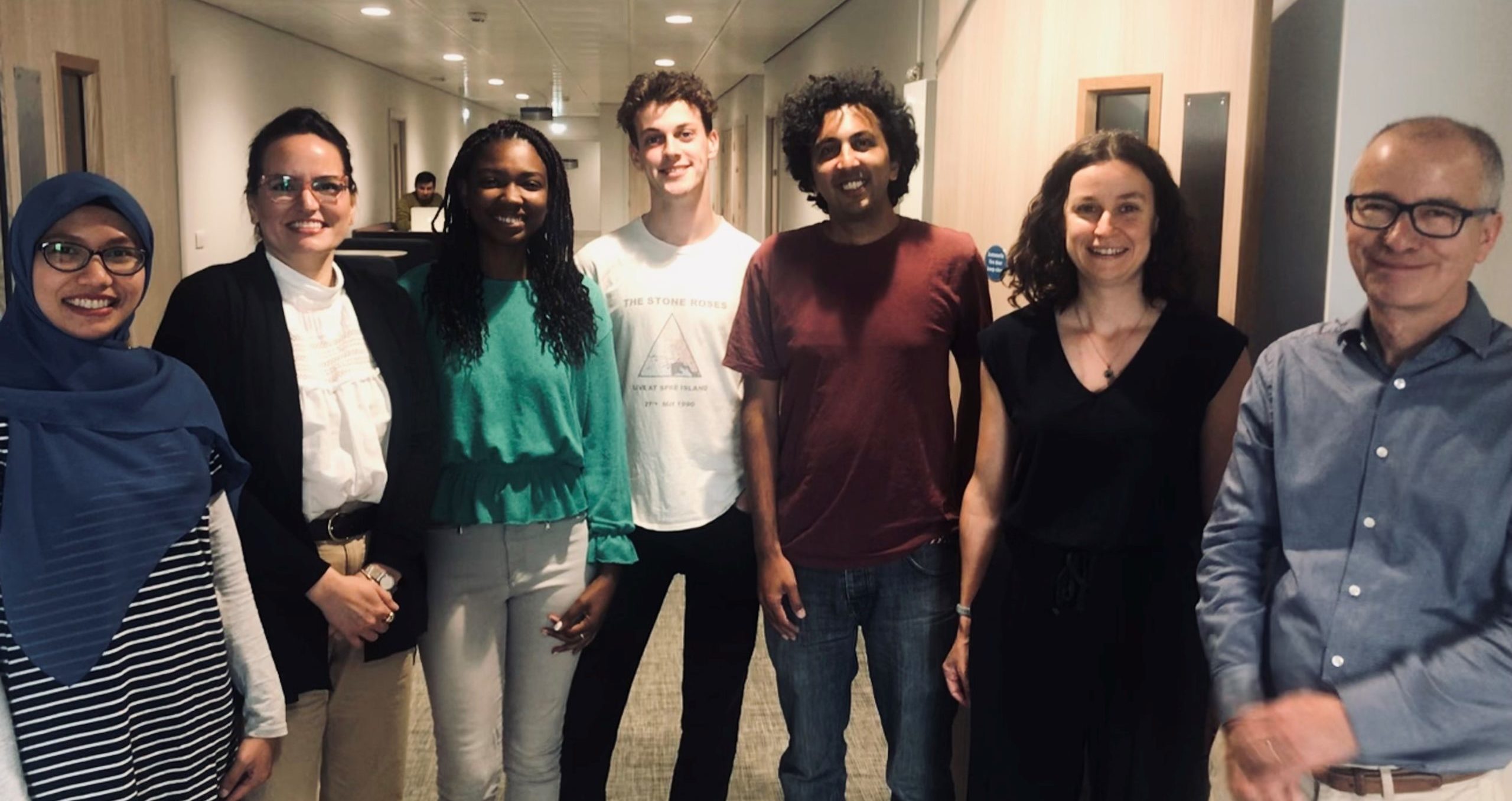Learning to do things differently

Dr Chetan Deva, Research Fellow in the School of Earth and Environment, shares his experience of the Priestley Innovation Fellowship
Applied science projects tend to be highly goal oriented. Product development is the priority, and training focuses on areas that help to push this forward. Within this context, innovation is often seen through the lens of new techniques, or the interdisciplinary application of domain knowledge. The Priestley Innovation Fellowship helped me to see that innovation in scientific projects can be much wider than that, and that techniques used in commerce can be useful here too.
The fellowship offered that most prized of commodities in academia, time to talk, reflect, and think about how things can be done differently. The space offered by the fellowship allowed me to spend more time preparing for conversations with stakeholders, reflecting deeply on their answers and carefully embedding their thinking in project design going forwards.
The fellowship combined time to reflect with three days of innovation training led by Tony Morgan at Leeds University Business School. Tony’s course began with an introduction to design thinking, problem identification and stakeholder mapping, drawing on techniques he has applied in a long career of driving innovation in the private sector. We then spent time learning methods for generating ideas, choosing between them, and developing the idea we finally settled on.

The course put understanding and empathising with project stakeholders at the heart of innovation and offered concrete techniques for making this happen. It also demonstrated how these carefully tuned methods can help teams generate ideas and come together in both the choice and development of ideas. The course brought together fellows from a range of disciplines, and I had a lot of fun being part of this multidisciplinary team for three days.
In my own project, I am co-producing a food production forecasting system with users and stakeholders in east Africa. The skills I have learned during the Priestley Innovation Fellowship have been useful in thinking through how best to communicate my methods. In particular, the thinking, conversations and training I received helped me to elicit stakeholder views on my work at the Greater Horn of Africa Climate Outlook forum (GHACOF) in August.
I have also benefited from the mentoring opportunities offered by the fellowship. I was put in touch with a mentor whose detailed knowledge of agricultural supply chains has helped me to think beyond predictions of food availability to food affordability. Access to mentorship from outside academia provides valuable insight, which I think will help me to grow as a researcher in years ahead. In summary, I hope I will be able to do more fellowships like this in the future and would strongly recommend the experience to other early career researchers.
Top photo by Ricardo Arce on Unsplash
